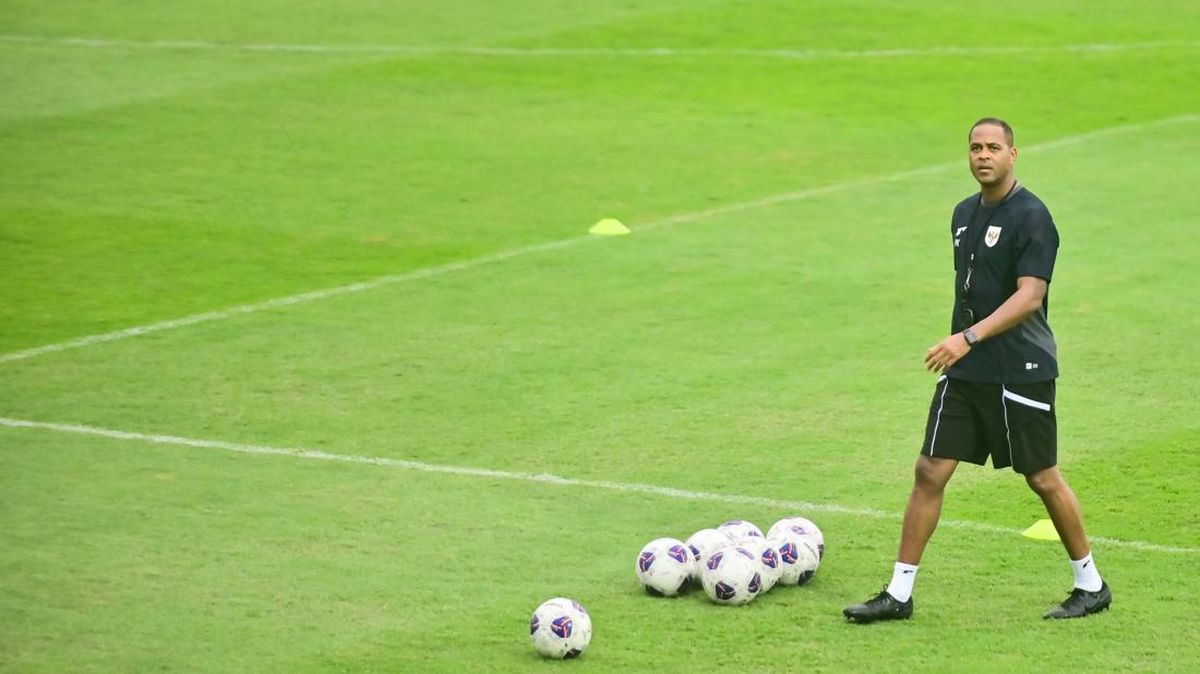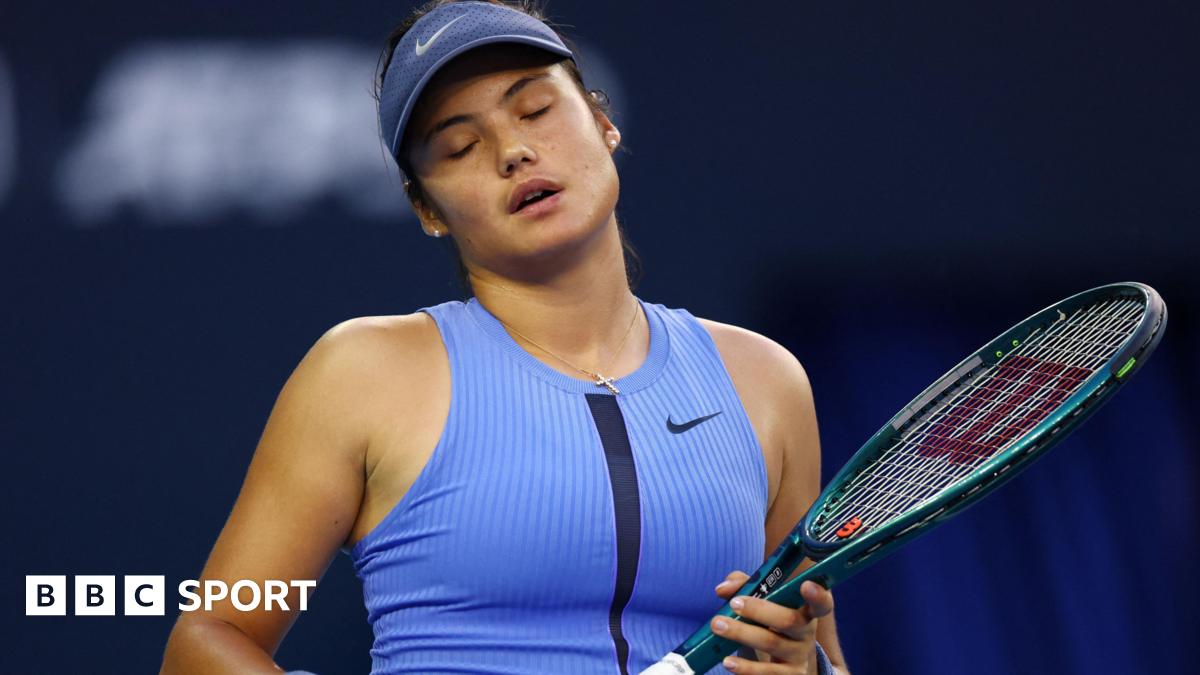Parents are increasingly holding their children back from starting school as figures show efforts to improve early childhood education over the past 15 years have not resulted in an increase in school readiness.
A national survey of about 300,000 children, which tracks them in their first year of primary school, found fewer children were hitting developmental marks in key areas of physical health and wellbeing, social competence, emotional maturity, language competence and communication skills.

Lauren Marshall and her three sons – Campbell 2, Jock, 4, and Teddy, 6. Marshall will be sending Jock to four-year-old kindergarten for a second year.Credit: Chris Hopkins
This is despite huge investment in early education since 2009 to improve outcomes for children via various programs including free kindergarten for all four-year-olds.
Box Hill North mother of three Lauren Marshall said son Jock had been enrolled to do a second year of four-year-old kindergarten in 2026 instead of starting school. He turns five in March.
She believes parents are now more likely to consider having their child repeat a year, because of a focus on giving their children what they need “rather than someone else telling them what their children should do”.

University of Melbourne associate professor Kay Margetts says more children are being held back a year from starting school.
“[Jock] would have been starting school at four and turning five at the end of the first term. That was only one factor. If that had been the only factor, I wouldn’t have done it,” Marshall said.
“The other factor is he learns differently. He finds it difficult to pay attention and follow instructions like his brother. He finds it hard to sit down on a mat for a long time.”
Marshall also considered how old Jock would be when his peers start suggesting “influential things”, and felt repeating kindergarten was a better option than needing to repeat prep.
“I think he’ll thrive as slightly older than younger,” she said.
Early childhood education expert Kay Margetts estimates the number of children repeating kindergarten has jumped from 3 per cent to 10 per cent in recent years.
“I think parents these days have a greater awareness of the importance of children being ready to move into school to respond positively to the challenges that school can bring about for children,” said Margetts, an associate professor at the University of Melbourne.
Early childhood teachers assess children’s transition plan to school from four-year-old kinder, and a funded second year of four-year-old kindergarten is free for children who have delays in two or more developmental areas.
Schools can accept students who turn five in prep during April, but any later is a cut-off.
A joint survey of 226 parents by the University of Wollongong and Macquarie University found two-thirds intended to hold back their children from entering school for a year.
Their reasons included the child’s gender, their socio-emotional and behavioural readiness, concerns about child and family milestones, parents’ work plans and childcare costs.

One survey found two-thirds of parents who responded intended to hold their children back from entering school for a year.Credit: iStock
Mornington Peninsula mother of three Miranda Foster said each of her children needed different approaches when it came to starting school. After her son repeated, the family was concerned their second child, a daughter, might also need a second year of four-year-old kindergarten.
“Our gut feeling was that she wasn’t going to be ready. So we raised it really early on with her kinder teacher that we had concerns that she may not be ready for school, and she was very socially anxious,” Foster said.
“We found that a lot of my daughter’s social anxiety resolved during the extra year of kinder. So we have no regrets repeating her and know that for our daughter it was the right decision.”
Foster, herself, was one of the younger kids in school.
“I actually repeated a grade at school and it was very obvious early on that I wasn’t coping with school,” she said.
Foster’s daughter went into prep this year, and found the transition relatively easy. Her third child, also a daughter, will be going straight to school.
“I think it is definitely what’s right for your family and what’s right for your child,” she said.
Margetts said that occasionally it was the parents who weren’t ready to send their child to school.
Loading
“It can be the family … maybe not really wanting to start school, not wanting a child to grow up,” she said. “I think also it’s about parents being open to changing their own lifestyles in a way.
“It can mean changing your daily timetable and habits and making sure you get up early and get prepared and so forth.”
Margetts said it was normal for parents to be concerned if their child was going to settle in, but their socio-emotional development, and how they coped with interactions with other children and staff, was important.
“Children with separation difficulties are more likely to have difficulties adjusting to school,” she said. “It’s such an individual thing, and I think it’s very dangerous just to base it solely on children’s age.”
Start the day with a summary of the day’s most important and interesting stories, analysis and insights. Sign up for our Morning Edition newsletter.
Most Viewed in Politics
Loading


















































